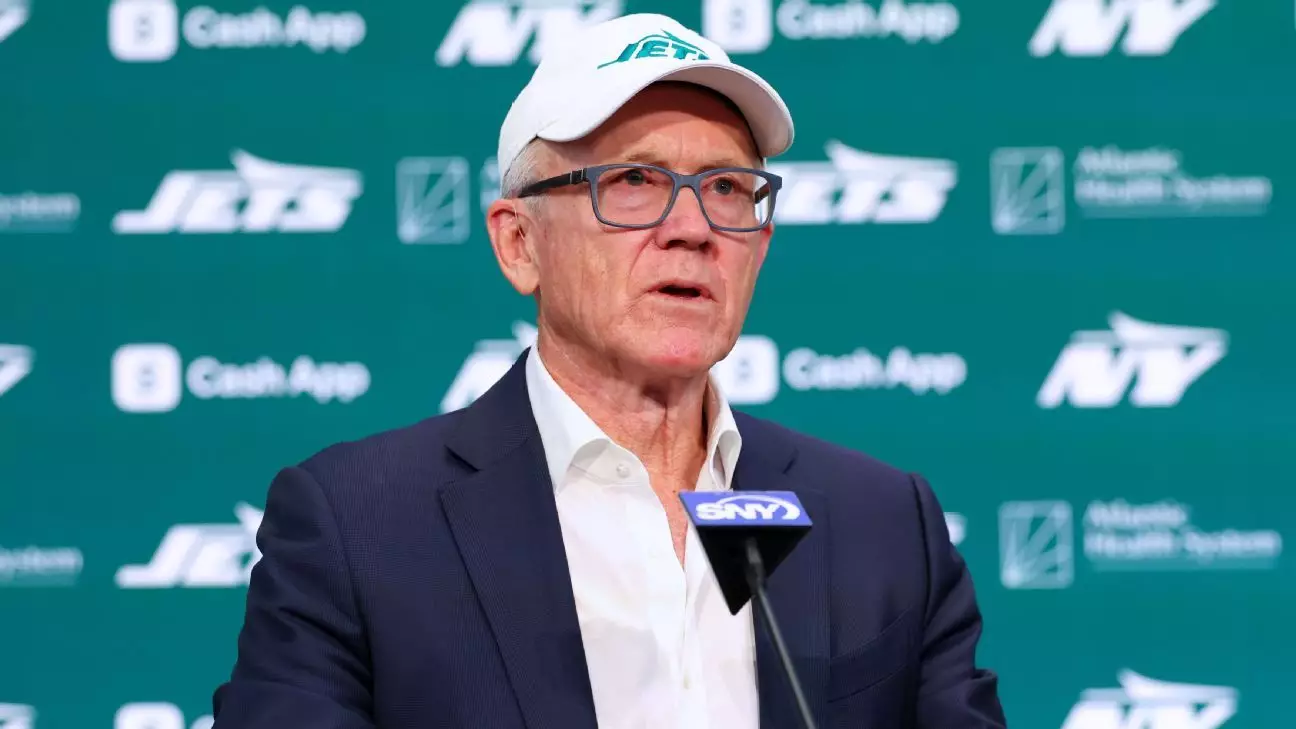In a bold maneuver reflecting the symbiotic relationship between American sports management and international football, Woody Johnson, the New York Jets owner, has secured a £190 million ($254 million) deal to acquire a 43% stake in Premier League club Crystal Palace. This acquisition positions Johnson as a prominent figure in English football and underscores the increasing appetite for investment from the U.S. into European sports franchises. This transaction is still pending approval from the Premier League, as Johnson must navigate the Owners and Directors’ Test—commonly referenced as the Fit and Proper Persons Test—before his partnership becomes official.
A Shift in Crystal Palace’s Corporate Landscape
Crystal Palace has publicly expressed enthusiasm over welcoming Johnson into their fold, lauding the contributions of current stakeholder John Textor. Textor’s decision to divest comes amid the complexities posed by UEFA regulations regarding multi-club ownership—rules designed to maintain competitive integrity. With Textor holding stakes in Lyon, the potential for conflicting interests threatened Palace’s eligibility for European competitions. Johnson’s entry could alleviate these concerns, allowing the club to refocus on its on-field ambitions without the weight of regulatory uncertainty hanging in the balance.
The Stakes of Premier League Investment
Johnson’s venture is emblematic of a broader trend of American investors flooding into the Premier League, seeking out opportunities in a global market that increasingly values competitive success and commercial profitability. Having previously tried to buy Chelsea amid a turbulent ownership transition, Johnson clearly harbors ambitions beyond mere association with the sport; he is eager to make a mark. His past role as U.S. ambassador to the U.K. positions him well within the cultural and business landscapes of both nations, giving him unique insights into the workings of the league and its players.
Future Prospects: Champions League or Europa League?
If Johnson’s stake acquisition clears the Premier League vetting process, it could significantly reshape Palace’s prospects for the 2024-25 season. The club’s qualification for the UEFA Europa League hinges on this pivotal transaction. Should things go as planned, Palace, who lifted the FA Cup, could find themselves on an upward trajectory, vying to establish themselves as a formidable presence in European football. With UEFA financial guidelines strictly governing ownership structures, Johnson’s investment not only brings capital but might also usher in innovative operational strategies that have the potential to revamp the club’s brand and competitiveness.
The Cultural Clash of Ownership
Nonetheless, the transition reflects a stark cultural contrast within football management styles. While American owners often rely on analytical, franchise-based approaches to sports management, European clubs like Crystal Palace historically operate with a community-focused ethos. Johnson’s challenge lies in blending these differing philosophies to create a cohesive strategy that respects the club’s heritage while driving it towards future successes. With myriad complexities in navigating the balance of ownership, fan expectations, and international competition, Johnson’s venture is a testament to both the challenges and opportunities present within the rapidly evolving football industry.

